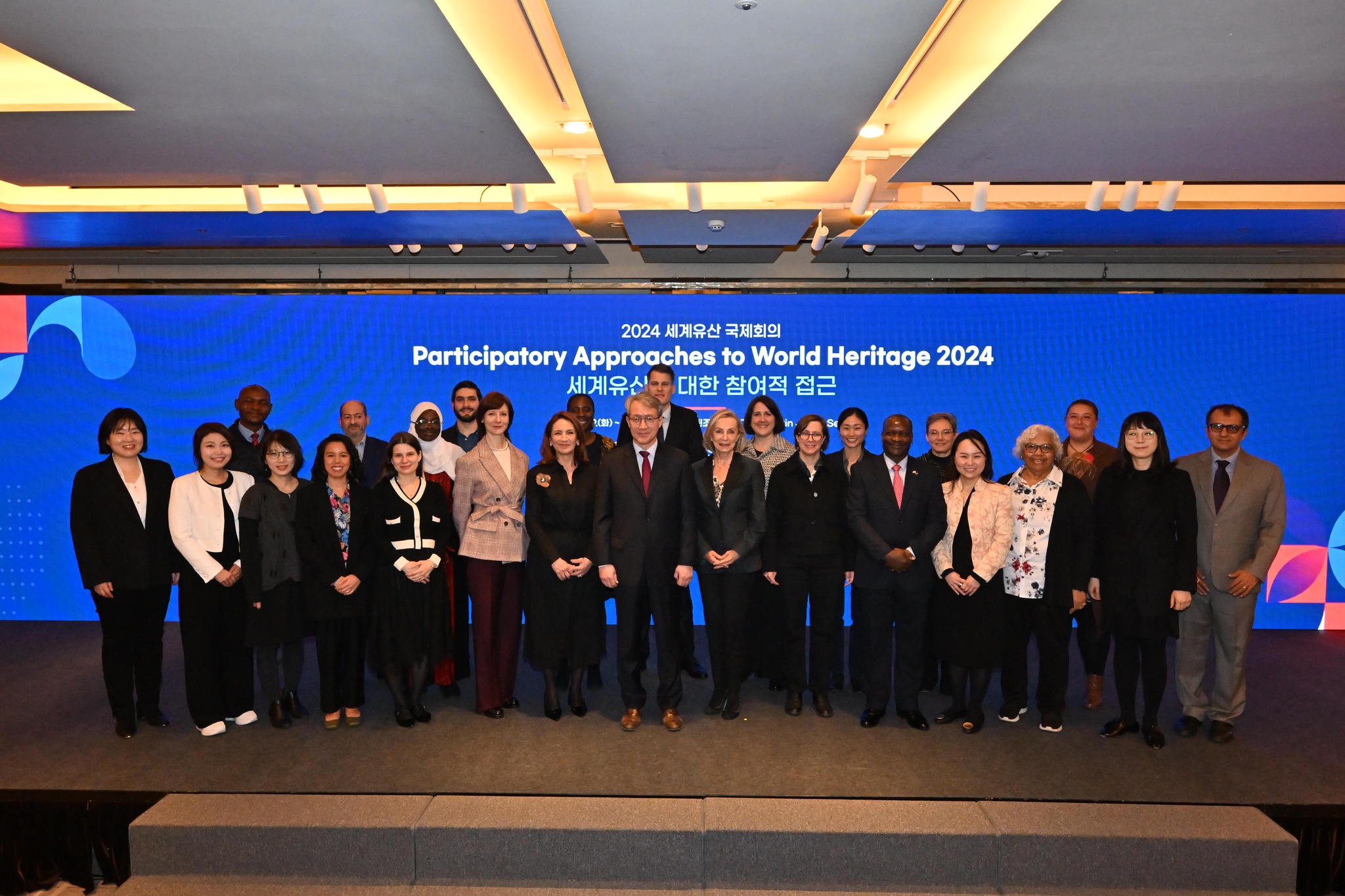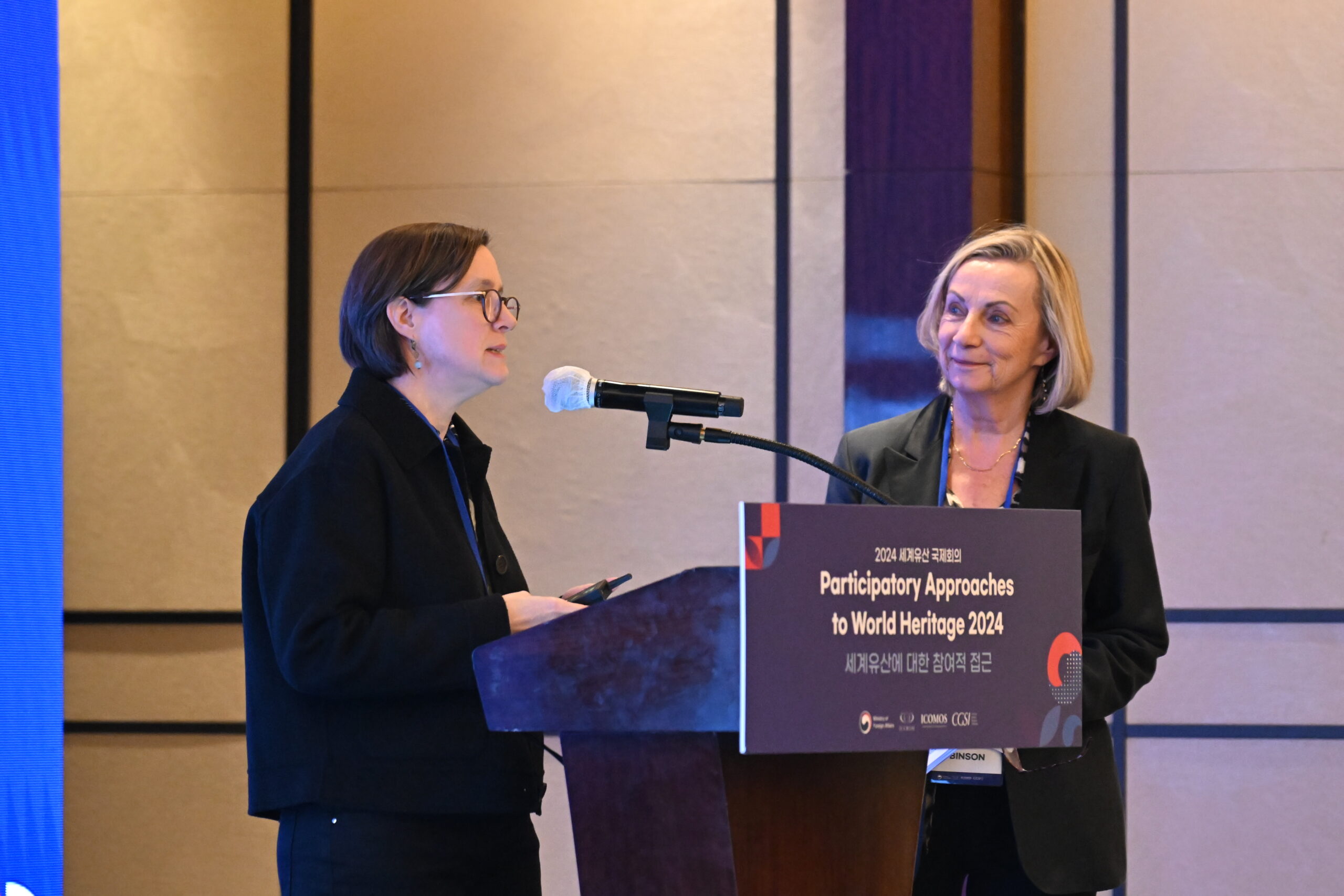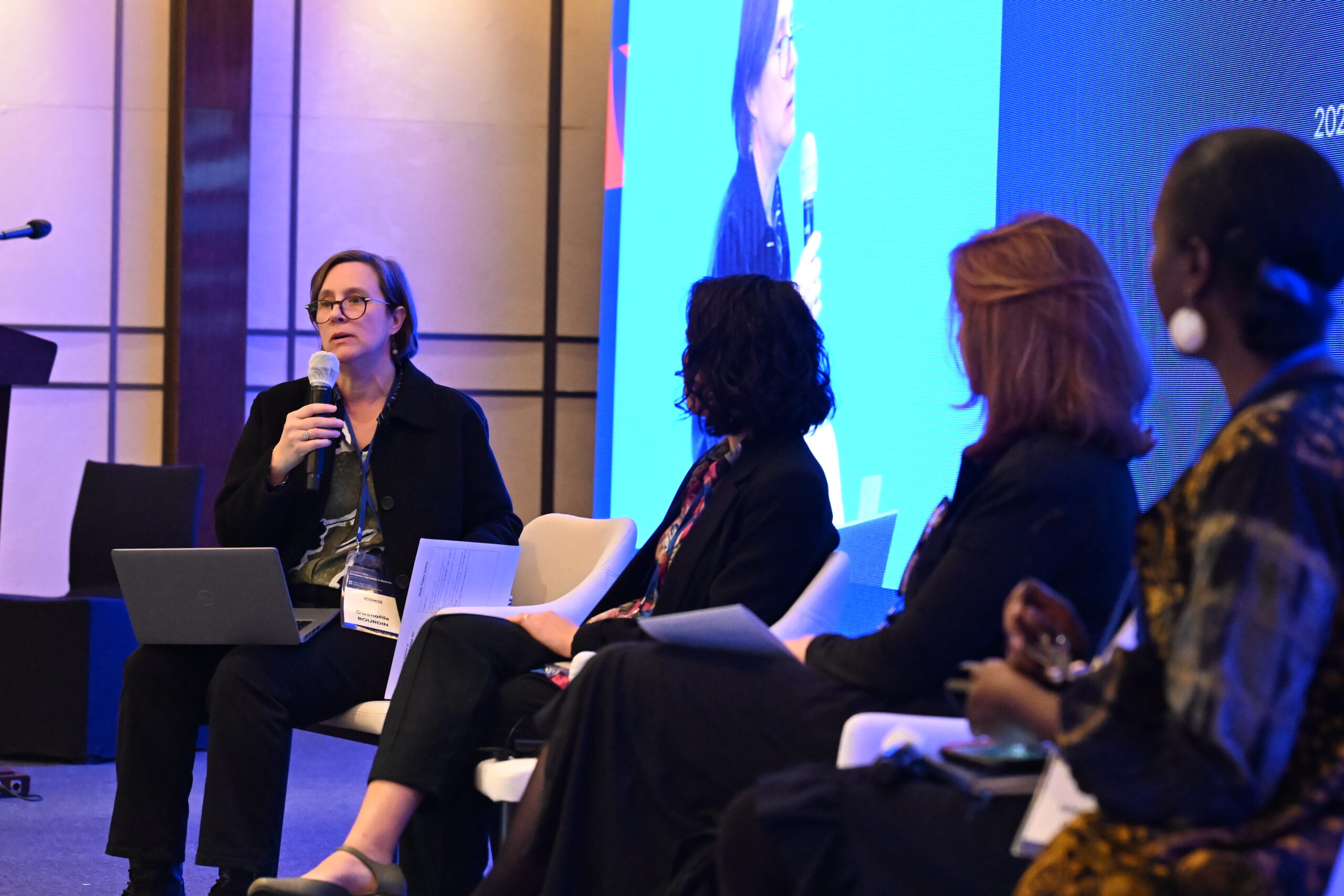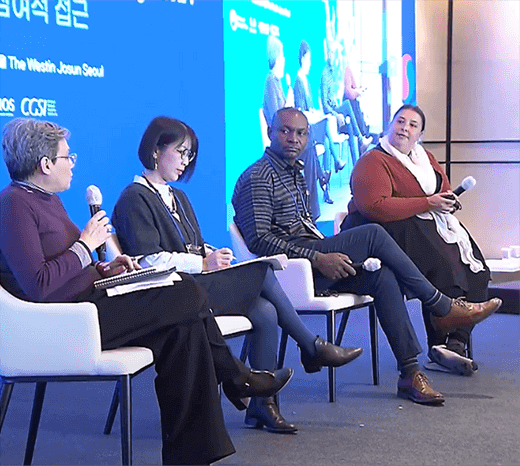International Conference on Participatory Approaches to World Heritage 2024

ICOMOS, ICCROM and Sogang University CGSI (Critical Global Studies Institute) organised the 1.5-day public conference and half-day closed workshop upon the invitation by the Ministry of Foreign Affairs of the Republic of Korea, who hosted the event. ICOMOS World Heritage Evaluation Unit Director Gwenaëlle BOURDIN as well as ICOMOS World Heritage experts Laura ROBINSON and Luisa DE MARCO were part of the project team as panelists and moderators.
From 19-21 March 2024, the International Conference on Participatory Approaches to World Heritage 2024 took place in Seoul, Republic Korea. The conference aimed to :
- provide a forum of discussion on how the relevant terminologies are defined and used in and outside of the heritage sector to gain more clarity
- design a mid-term research agenda that could provide more in-depth guidance on how to implement participation within the World Heritage context
Conference Objectives
The immediate objective of the conference was to establish a case study analysis framework that could be applicable to World Heritage properties to understand the diverse scopes of participation. In the long term, the conference will provide the basis for improving the modalities of participation in the World Heritage Convention, ensuring inclusivity, balance, scope and effectiveness as well as for mechanisms to review and evaluate these measures.
Background of the Conference
Even while greater recognition is being given to the knowledge, skills and capacities of communities, all too often it remains a challenge to provide genuinely meaningful ways for communities to participate in World Heritage processes. This problem is exacerbated by a lack of clarity on this subject and no detailed guidance to those working with World Heritage. Work is much needed to analyse the existing literature and practise-based evidence – both in the heritage sector and beyond – in order to develop a structured framework.
The term ‘communities’ is mentioned at least 20 times in the Operational Guidelines for the Implementation of the World Heritage Convention (2021) and also featured numerous times in the format of the nomination dossier. However the term overlaps with other terms such as stakeholders and rights-holders, and is often paired with Indigenous Peoples, which shows there is no clear relationship between them. The term ‘participation’ is often used in conjunction with ‘communities,’ and in many places, it is also qualified with terms such as full, effective, inclusive, gender-balanced, and widest possible.
As such, the participation of communities, stakeholders, and rights-holders are increasingly gaining importance as both requirements and best practices in the processes of World Heritage nomination and management of inscribed properties. However, the modalities of ensuring the quality of participation in its inclusivity, balance, scope and effectiveness and having mechanisms to review and evaluate these measures remain ambiguous.


